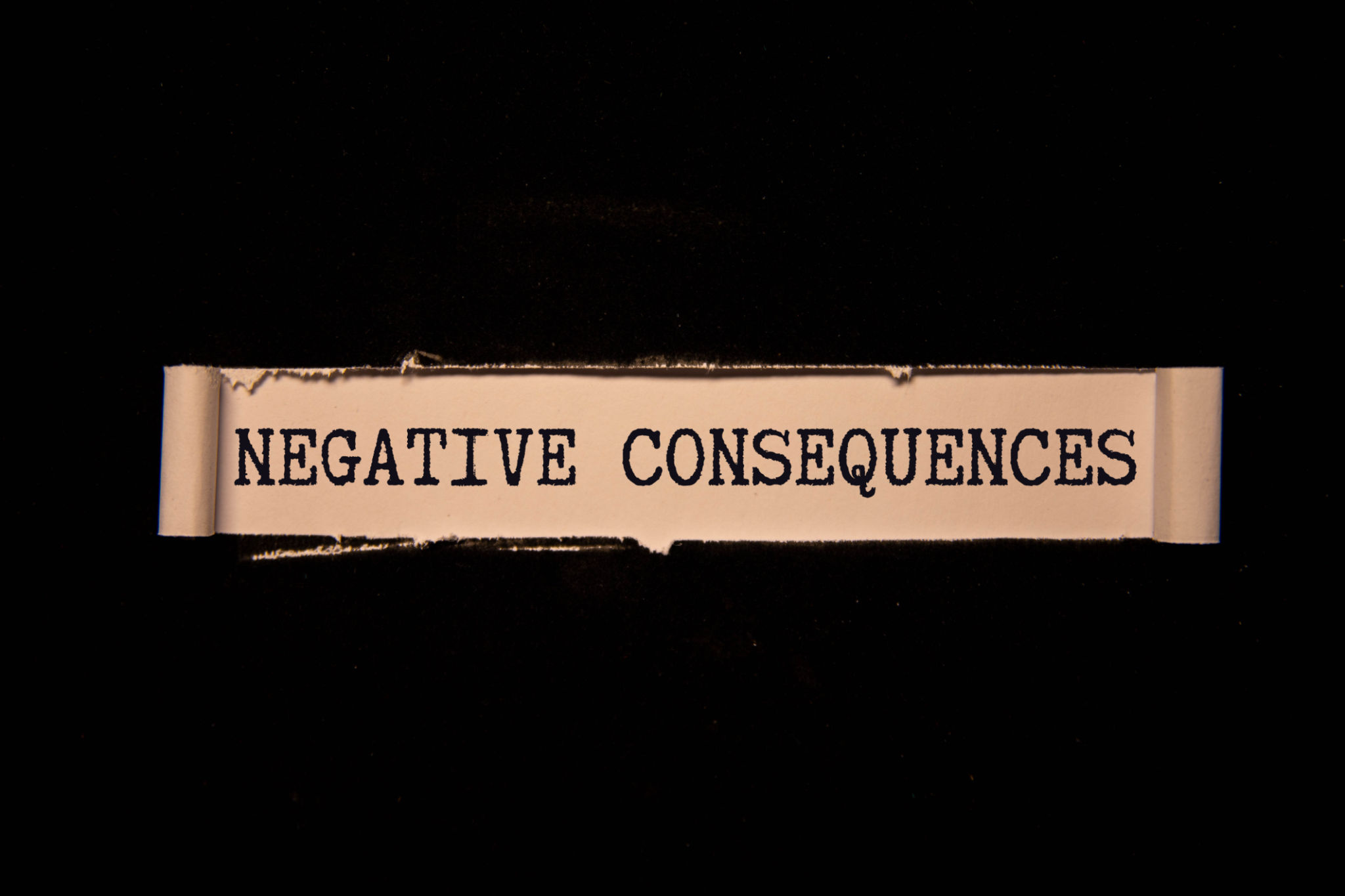Common Misconceptions About Legal Service of Process
Misconception 1: Anyone Can Serve Legal Documents
One of the most common misconceptions about the service of process is that anyone can serve legal documents. This is not the case. In most jurisdictions, the person serving the documents must be at least 18 years old and not a party to the lawsuit. Additionally, many states require servers to be registered or licensed process servers. Ensuring that documents are served by a qualified individual is crucial to maintaining the integrity of the legal process.

The Importance of Qualified Servers
Using a qualified process server helps ensure that the service is done legally and properly. If documents are not served correctly, it can lead to delays in the case or even dismissals. This could be a costly mistake for those trying to pursue legal action.
Misconception 2: Service of Process Can Be Avoided
Some people believe they can avoid legal consequences by evading service of process. However, this is a misconception that can lead to further legal troubles. Courts have various methods to ensure that a defendant is properly notified, such as alternative service methods like posting or publication if personal service is not feasible.
Consequences of Avoidance
Avoiding service can result in a default judgment against the evading party, meaning the court may rule in favor of the other party without hearing their side. This can have significant legal and financial repercussions, making it essential for individuals to address any legal documents they receive promptly.

Misconception 3: Service of Process Is Only for Lawsuits
Another common misconception is that service of process is only required for lawsuits. In reality, it is used in a variety of legal situations. These include family law matters like divorce or custody cases, eviction notices in landlord-tenant disputes, and subpoenas for witnesses to appear in court.
Broad Applications
The need for service of process extends beyond initiating lawsuits; it is a fundamental part of ensuring that all parties involved in legal proceedings are informed and have an opportunity to present their side. Whether it's a notice to vacate or a summons to court, proper service ensures fairness and due process.

Misconception 4: Digital Notification Is Sufficient
In today's digital age, many assume that digital notifications can replace traditional service of process. While electronic communication is convenient, it does not meet the legal requirements for service in most jurisdictions. Official documents often must be delivered in person or via certified mail to ensure they reach the intended recipient.
The Role of Technology
While technology plays an increasing role in legal processes, it complements rather than replaces traditional methods. Some jurisdictions are starting to accept electronic service under specific conditions, but these are typically exceptions rather than the rule. Physical delivery remains the gold standard for service of process, ensuring due diligence and accountability.
Conclusion
Understanding the realities and responsibilities involved in the service of process is essential for anyone engaged in legal proceedings. By dispelling these misconceptions, individuals and businesses can better navigate their legal obligations and protect their rights within the justice system. Accurate knowledge helps prevent costly mistakes and ensures that all parties receive fair treatment under the law.